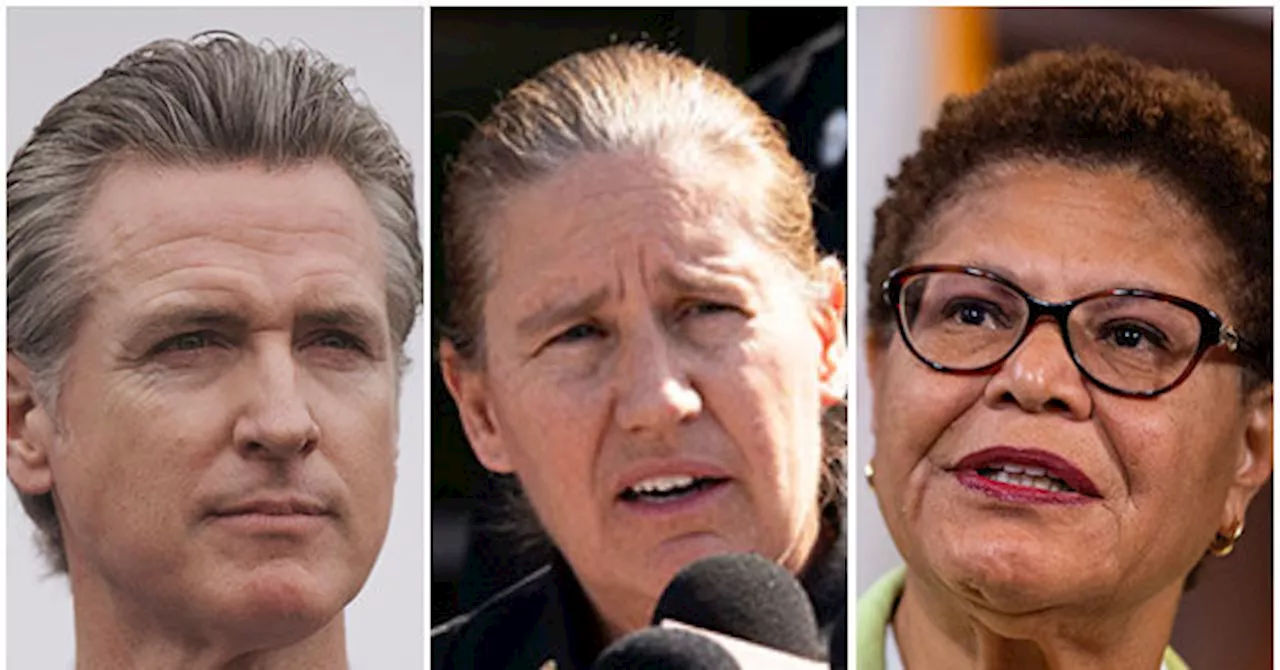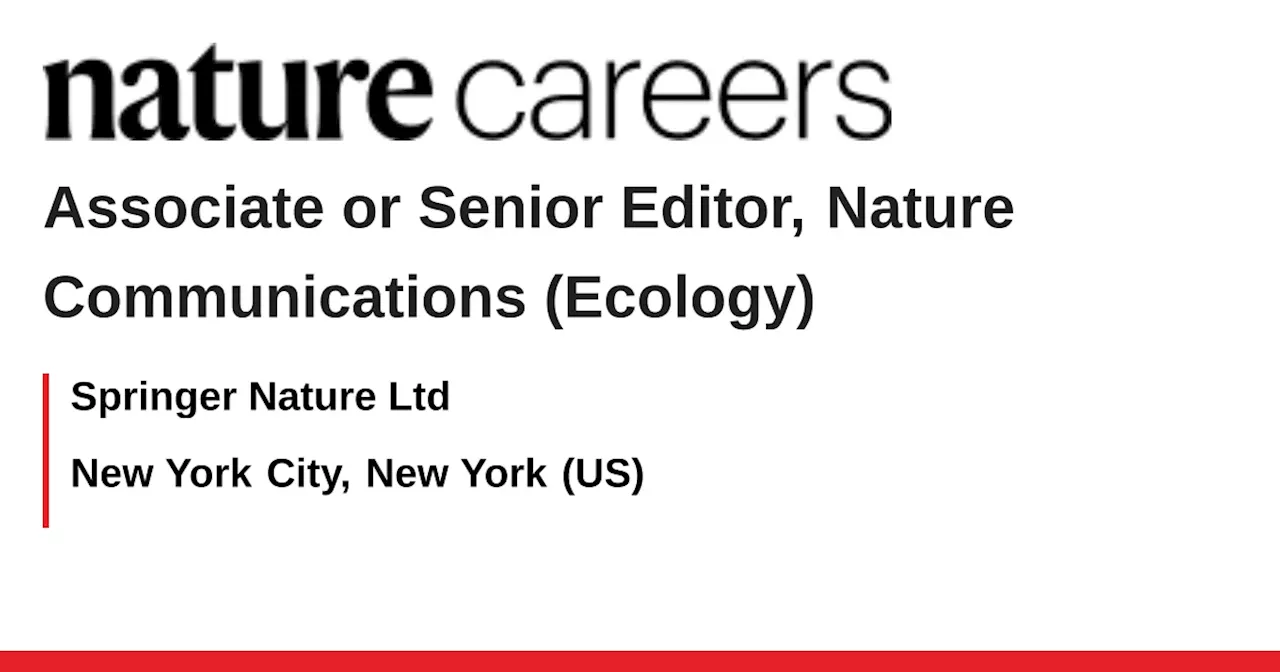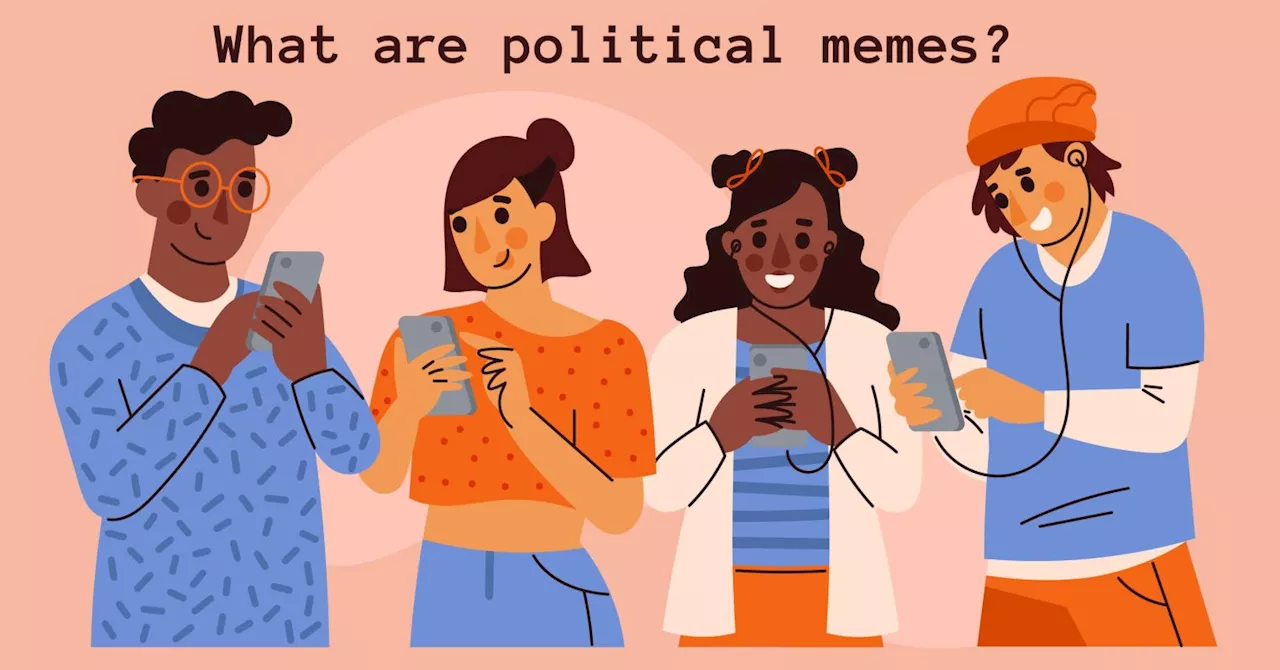This article explores how politics has become increasingly performative, with claims serving as signals of allegiance rather than genuine expressions of belief. It argues that social media, particularly through the use of memes, amplifies this trend by encouraging quick, emotional engagement over deep reflection. While memes can spread information, they are often used to reinforce group identity and spread disinformation, blurring the lines between genuine political discourse and performative signaling.
Politics often appears performative, with statements serving as signals of allegiance to a particular political identity. Social media amplifies this trend by promoting rapid, emotional engagement over deep reflection. Political memes, in particular, can spread misinformation while simultaneously reinforcing group identity through humor and anonymity.
It often feels like watching a cheerleading squad, and the analogy is apt because cheerleading is fundamentally about signaling and encouraging allegiance to a team. This is precisely what people mean when they say politics is performative. Political claims frequently act as signals—performances indicating commitment to a specific political stance. Social media functions as a signaling machine, explicitly and intentionally designed to encourage swift, non-reflective emotional responses. We 'like' posts, clicking on heart symbols and emoticons that represent basic emotional reactions. We 'win' on platforms like X or Facebook by denouncing our opponents and adhering to the expectations of our social groups. We share posts without reading them because we know they make us appear informed or like we belong.Politics online is a significant aspect of contemporary political discourse, employing political experts and consultants globally. Easily shareable content is encouraged and produced by billions, fueling campaigns that are often entertaining—even hilarious. They allow us to ridicule those on the opposing side. Who doesn't enjoy a good laugh at their expense? One perspective suggests that political memes are intended to disseminate information—whether accurate or not. And indeed, political memes are frequently weaponized to spread hate, propaganda, and false information about political adversaries. Memes serve these purposes for several well-documented reasons. Firstly, creating and sharing memes is inherently creative because they allow for endless variation and tailoring to specific communities and subcommunities. This flexibility also means that engaging in the memesphere makes us feel like we are part of something larger than ourselves—as if we are in on an exclusive 'joke.' Secondly, memes are shared and re-shared without attribution, giving the impression that they are authorless or simply 'there.' As Joan Donovan has observed, 'Unmoored from the trappings of an author’s reputation or intention, they become the collective property of the culture.' Consequently, 'no one has to answer for transgressive or hateful ideas' (2019). Outrage, amusement, and cuteness travel at lightning speed on the internet. Moreover, those sharing the meme can always claim they are 'just joking.' They might insist they aren't intending to cause harm. This provides a convenient shield against criticism of otherwise hateful speech.Thus, memes are frequently used to spread both information and disinformation. However, to solely focus on this aspect would be to overlook a crucial function—that of signals or performances. When sharing a meme, the genuine belief in the information it conveys is less important—after all, it's unclear if most memes even contain any specific 'information' at all. What truly matters is signaling your allegiance to your team—cheering them on. Political memes aren't designed to change minds; they aim to reinforce your identity and make you feel like you belong. This doesn't necessarily make them bad; they are undeniably useful. The danger lies not in the meme itself but in our tendency to convince ourselves that by sharing one, we are engaging in thoughtful political discourse.
Social Media Internet Culture Politics Social Media Memes Performativity Disinformation Group Identity Political Discourse
United States Latest News, United States Headlines
Similar News:You can also read news stories similar to this one that we have collected from other news sources.
 Hanson Blasts California Leaders as 'Charlatans' For Neglecting Infrastructure & Embracing Performative PoliticsWorld-renowned historian and political commentator Dr. Victor Davis Hanson criticizes California's leaders for their role in the state's recent wildfires, comparing Los Angeles' devastation to the World War II firebombing of Dresden. In a viral post, Hanson accuses Governor Gavin Newsom and Mayor Karen Bass of prioritizing performative policies over practical solutions, pointing to budget cuts for wildfire prevention and a focus on diversity initiatives instead of preparedness.
Hanson Blasts California Leaders as 'Charlatans' For Neglecting Infrastructure & Embracing Performative PoliticsWorld-renowned historian and political commentator Dr. Victor Davis Hanson criticizes California's leaders for their role in the state's recent wildfires, comparing Los Angeles' devastation to the World War II firebombing of Dresden. In a viral post, Hanson accuses Governor Gavin Newsom and Mayor Karen Bass of prioritizing performative policies over practical solutions, pointing to budget cuts for wildfire prevention and a focus on diversity initiatives instead of preparedness.
Read more »
 Springer Nature Seeks Ecology Expert for Nature Communications Editorial TeamSpringer Nature is looking for an expert in Ecology to join the editorial team of Nature Communications. The successful candidate will handle original research papers, work closely with other editors, and determine the representation of their subject in the journal. Significant research experience is preferred but not essential. A passion for science and a thirst to learn more are key requirements.
Springer Nature Seeks Ecology Expert for Nature Communications Editorial TeamSpringer Nature is looking for an expert in Ecology to join the editorial team of Nature Communications. The successful candidate will handle original research papers, work closely with other editors, and determine the representation of their subject in the journal. Significant research experience is preferred but not essential. A passion for science and a thirst to learn more are key requirements.
Read more »
 Springer Nature Seeks Science News Intern for Nature JournalSpringer Nature, a leading publisher of scientific, educational, and professional content, is seeking a talented and motivated individual to join its team as a News Intern for Nature, a prestigious international journal known for publishing groundbreaking research. This paid, full-time internship offers an invaluable opportunity to gain hands-on experience in science journalism within a renowned organization.
Springer Nature Seeks Science News Intern for Nature JournalSpringer Nature, a leading publisher of scientific, educational, and professional content, is seeking a talented and motivated individual to join its team as a News Intern for Nature, a prestigious international journal known for publishing groundbreaking research. This paid, full-time internship offers an invaluable opportunity to gain hands-on experience in science journalism within a renowned organization.
Read more »
 Bringing Nature to Work: The Growing Trend of Micro-NatureSmall, affordable natural elements integrated into workplaces, known as 'micro-nature', are proving to have a positive impact on employee performance and well-being. Research shows that exposure to nature at work boosts productivity, helpfulness, and creativity. This trend is exemplified by companies like Google and L.L. Bean who are incorporating green spaces into their offices.
Bringing Nature to Work: The Growing Trend of Micro-NatureSmall, affordable natural elements integrated into workplaces, known as 'micro-nature', are proving to have a positive impact on employee performance and well-being. Research shows that exposure to nature at work boosts productivity, helpfulness, and creativity. This trend is exemplified by companies like Google and L.L. Bean who are incorporating green spaces into their offices.
Read more »
 California Governor's Fire Relief Order: A Case of Performative PolicymakingCalifornia Governor Gavin Newsom issued an order to protect homeowners from 'unsolicited undervalued offers' for their fire-damaged properties. Critics argue that the order is performative and offers little real protection, while potentially harming homeowners looking to sell. The article also discusses the difficulties of defining 'undervalued' in this context and highlights the flaws in relying on state regulatory agencies for help.
California Governor's Fire Relief Order: A Case of Performative PolicymakingCalifornia Governor Gavin Newsom issued an order to protect homeowners from 'unsolicited undervalued offers' for their fire-damaged properties. Critics argue that the order is performative and offers little real protection, while potentially harming homeowners looking to sell. The article also discusses the difficulties of defining 'undervalued' in this context and highlights the flaws in relying on state regulatory agencies for help.
Read more »
![]() Wonder Unveils AI-Powered Petal Camera to Capture Nature's SecretsWonder, formerly Bird Buddy, introduces Petal, an innovative AI-powered camera designed to capture stunning close-up shots of birds and insects. Petal's biomorphic design allows it to wrap around branches or be placed in gardens, while a solar panel powers its 12-megapixel camera capable of recording 4K video. Wonder also launches Wonder Blocks, a modular system featuring a butterfly feeder, terrarium, bee hotel, seed tray, and bug hotel, to attract photographic subjects.
Wonder Unveils AI-Powered Petal Camera to Capture Nature's SecretsWonder, formerly Bird Buddy, introduces Petal, an innovative AI-powered camera designed to capture stunning close-up shots of birds and insects. Petal's biomorphic design allows it to wrap around branches or be placed in gardens, while a solar panel powers its 12-megapixel camera capable of recording 4K video. Wonder also launches Wonder Blocks, a modular system featuring a butterfly feeder, terrarium, bee hotel, seed tray, and bug hotel, to attract photographic subjects.
Read more »
